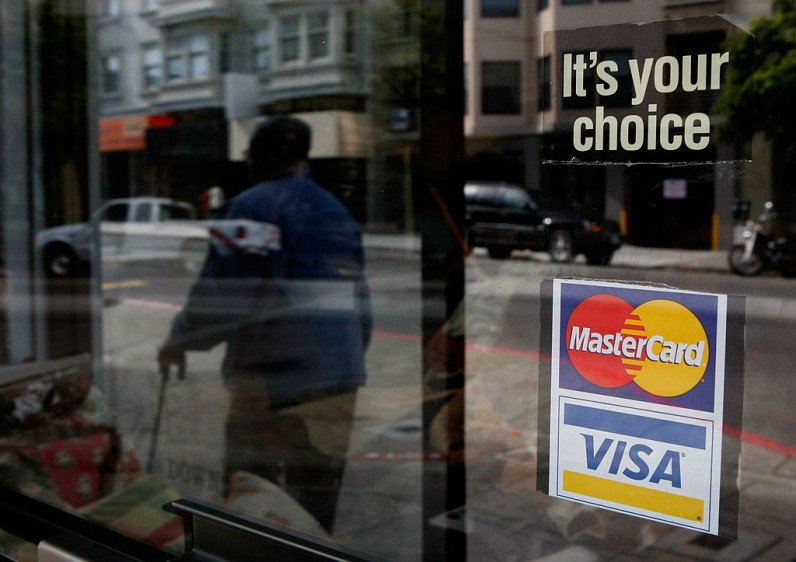
A $30 billion antitrust settlement between Visa and Mastercard, aimed at limiting fees charged to merchants, was rejected by a US judge on Tuesday (June 25).
Visa-Mastercard Antitrust Settlement
The motion for preliminary approval by a group of merchants, primarily small enterprises, was denied by US District Judge Margo Brodie in Brooklyn. She expressed skepticism about granting final approval to the settlement.
Several merchants and trade groups, including the National Retail Federation, expressed their opposition to the agreement, arguing that card fees would still be excessively high and that Visa and Mastercard would maintain an excessive level of control over card transactions.
The decision may potentially lead Visa and Mastercard to engage in negotiations for a settlement that is more advantageous to merchants, or proceed with a trial.
Retailers are required to pay a fee every time they swipe a credit card, which can range from 2.24 percent to as high as 4 percent, as reported by the National Retail Federation (NRF), The Hill reported.
Visa and Mastercard Agree to Five-Year Rate Limit
In addition, Visa and Mastercard have agreed to limit rates for a period of five years and eliminate restrictions that prevent merchants from directing customers towards more affordable cards.
Furthermore, merchants will have greater flexibility to provide discounts or apply surcharges.
According to Reuters, several merchants expressed their dissatisfaction with the regulations that prevent them from explaining to customers the reasons behind the varying costs of different cards, and also restrict them from guiding customers towards more affordable options.
According to some critics, the fees have resulted in increased prices for consumers, who now have the option to pay less when using cash.
According to trade groups, the settlement would have provided merchants with minimal and short-lived relief, while also hindering their ability to pursue future legal actions.







Join the Conversation